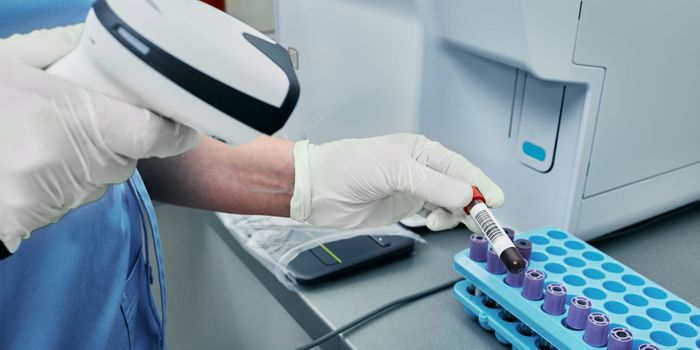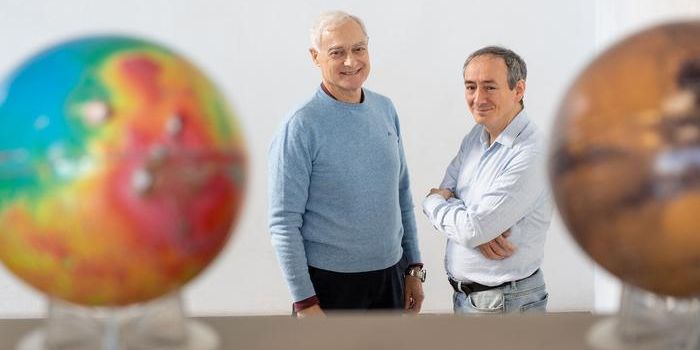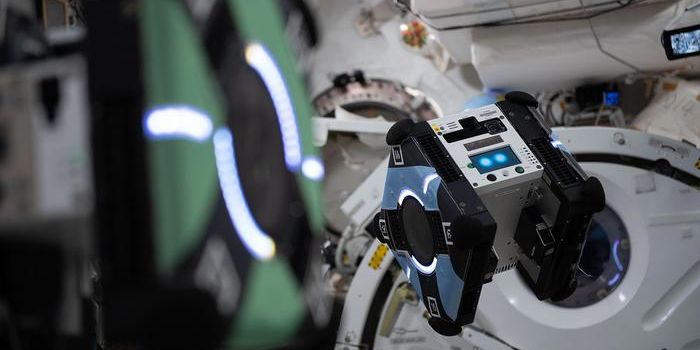First Bio-electronic Medical Device
According to a study published in Nature Medicine, researchers at Northwestern University and Washington University School of Medicine have create the first bioelectronics medical device: “an implantable, biodegradable wireless device that speeds nerve regeneration and improves the healing of a damaged nerve”.
The research team consisted of materials scientists and engineers at Northwestern and neurosurgeons at Washington University who together collaborated for the development of a device that can deliver regular electrical pulses to damaged peripheral nerves. The device was used in rats after a surgical repair process which accelerated the regrowth of nerves in their legs and enhanced the ultimate recovery of muscle strength and control.
This type of technology has started life in bioelectronic medicine where researchers can envision transient engineered technologies that may someday complement or replace pharmaceutical treatments for a broad range of medical conditions. "These engineered systems provide active, therapeutic function in a programmable, dosed format and then naturally disappear into the body, without a trace," explains John A. Rogers, a pioneer in bio-integrated technologies and a co-senior author of the study. "This approach to therapy allows one to think about options that go beyond drugs and chemistry. We are excited because we now have the pieces -- the materials, the devices, the fabrication approaches, the system-level engineering concepts -- to exploit these concepts in ways that could have relevance to grand challenges in human health."

The device has not been tested in humans, however, the research findings bring renowned hope for future therapeutic options in nerve injury. "We know that electrical stimulation during surgery helps, but once the surgery is over, the window for intervening is closed," explains Dr. Wilson "Zack" Ray, co-senior author of the study and Washington University associate professor of neurosurgery, biomedical engineering and orthopedic surgery. "With this device, we've shown that electrical stimulation given on a scheduled basis can further enhance nerve recovery."
Source: Northwestern University








